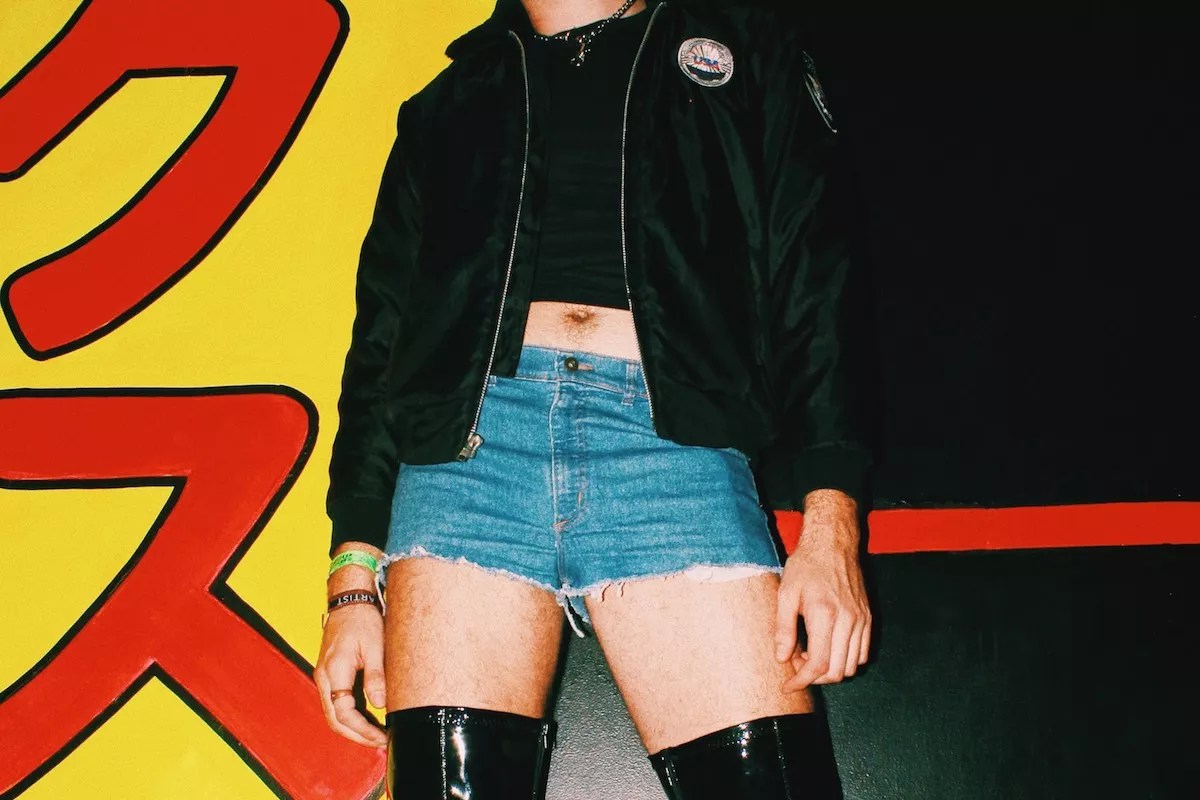
Photo by Xavier Luggage

Audio By Carbonatix
In an interview promoting his most recent book, 2016’s Life and Death on the New York Dance Floor, 1980-1983, music historian and cultural theory lecturer Tim Lawrence more or less offered the final word on the power and potential of party culture and clubbing:
“Cities are largely made up of strangers who find themselves living with other strangers, and one option is to live a life of suspicion and fear on the basis that anyone you meet could be a threat,” Lawrence says. “Yet from the 1970s onwards, the dance floor became a site where people could learn to find pleasure in the experience of being with strangers – strangers who could become friends.”
“What scenes like the downtown scene of the early 1980s demonstrate is that when artists, musicians, and other creative people come together, they end up inspiring one another, and their productivity multiplies,” he continues. “If we think of the sum of the scene as the creative expression of all these people, then as individuals they might not have created much of significance, but together they became inspired and more powerful.”
In Miami, few artists personify Lawrence’s assertion as well as Get Face. The artistic moniker of Tampa native Skyler Schubert, Get Face saw the release of his debut EP, Horns of a Beast, last week courtesy of local label Space Tapes. Named for the sea-dwelling monster in the Book of Revelation, Horns of a Beast was produced by Schubert following years of involvement in Miami’s communal after-dark affairs both as a reveler and a performer. According to Schubert, these experiences – including a stint curating performance art, fashion shows, and live-music events in an unnamed warehouse last year – have offered creative inspiration that wouldn’t be possible elsewhere.
“I remember visiting my first couple of clubs in Miami and realizing that truly authentic club experiences had been missing from my life,” Schubert shares. “After living in Miami for about a year, I realized there are countless cities that do not have a culture of nightlife, much less a sincere culture of music. Knowing that has made me want to spend more of my time in spreading accessibility to nightlife.”
Fortunately for listeners, Horns of a Beast is as accessible as they come. The EP reveals an artist with a keen understanding of nightlife and its myriad possibilities, with tracks that ably alternate from vaguely disquieting, such as opening track “Smoke Machine,” to poppy and silly on standouts “Warrant (Elevator Mix)” and “Feel Dat Way,” all without ever hitting a false note.
“Club music has always been an influence behind my work because of its ability to bring people together behind this idea of sound and rhythm experimentation,” Schubert says of the record’s inspirations and resulting sound. “Club music speaks its own language, and although there are many dialects, the central idea always remains the same.”
Schubert’s inclination to experiment can be heard in the samples pulled for Horns of a Beast – a New Order drum track here, a Timbaland-produced flourish there. This sound, “a mesh of an infinite amount of influences,” is what Schubert envisions the future of club music to be.
“None of the album is comprised of any sounds I have actually recorded myself, which I guess is something that a lot of artists tend to shy away from,” he says of the EP’s recording process. “From my point of view, it excites me to be able to repurpose these works of art because of the way it captures some of the original work’s essence, but in a new form.”
With his first proper release now behind him, Schubert looks forward to further tinkering with his sound in the year ahead, specifically by way of analog equipment. Whether it’s Horns of a Beast or any future Get Face projects, he says he wants his music, above all else, to be resonant.
“Music has always been the most interesting and ethereal medium to me because of the simple fact that it exists in a sonic vacuum, only to be brought to life by the human spirit of dance, song, and community,” Schubert says. “The next time you may think the arts don’t have a direct influence on your life, think back to the endorphins released when you heard your favorite song on the radio last night; think back to when you were dancing in the club and it felt like everything was OK.”